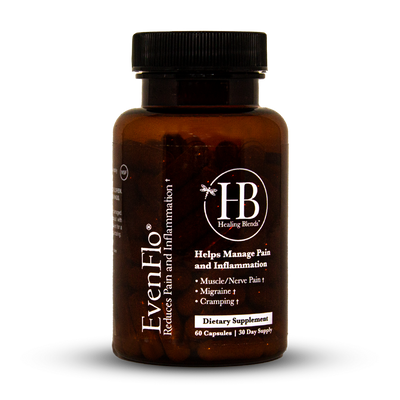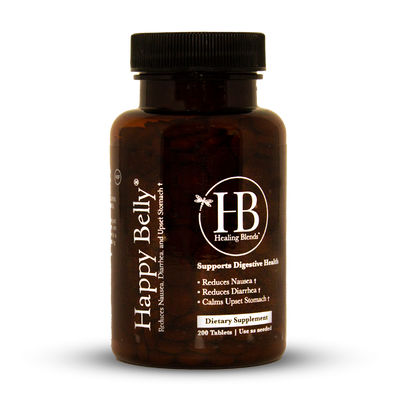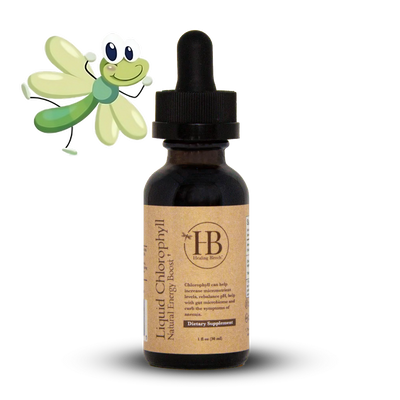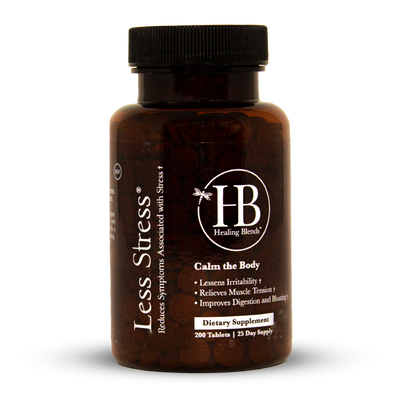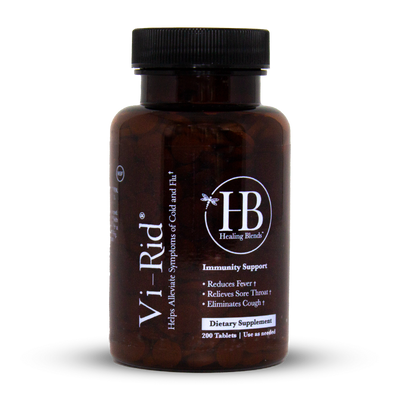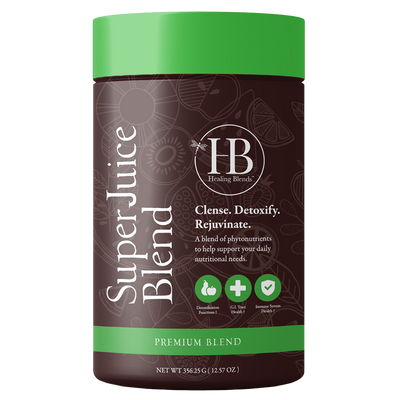10 Herbs and Spices to control Hypertension (Blood Pressure): Evidence Based & Science Backed
When most of us think of herbs and spices, we view them as an expendable layer of culture and cuisine with an oversimplified purpose of tickling our taste buds.
Yet ancient cultures invariably refer to them as essential ingredients of a balanced diet to attain optimal physical health, longevity, and well-being.
As science delves deep into the biochemical wonders of spices and herbs, new knowledge of antioxidants, polyphenols, and other bioactive compounds emerges each year. Studies continue to understand and vouch for the inclusion of these powerful and potent ingredients as an effective alternative or adjunctive solution to conventional medication for hypertension.
Before we know it, we hit an epiphany that their utility since antiquity is not merely a hedonist or gluttonous pursuit. Instead, they are an important dietary element that plays a crucial role in healing, protecting, and nurturing the body.
Today, nearly a third of the world’s population relies on herbal medicines as a source of primary health care. Many people have successfully relied on this ‘nature’s gift’ in the form of traditional medicine via effective herbal remedies to manage hypertension. This is a common phenomenon in developing countries due to factors such as accessibility, effectiveness, and cost.
This reverence for herbs and spices is now expanding across the globe, fueled by mounting evidence of their medicinal value in correct dosages. But since it can be tedious to keep a track of quantities or include every herb in your diet, there is a growing demand for all-natural herbal blends like HTN Care that have been designed with all the research in mind. In this article, we look at ten highly researched anti-hypertensive herbs and spices that will prove to be immensely helpful in managing hypertension.
#1 Cardamom (Elettaria cardamomum)

Cardamom is a staple ingredient in Indian curries and other Asian and Middle-Eastern cuisines. This sweet-tasting spice is known for its intense taste and fragrant aroma that is comparable to mint.
As a hypotensive spice, cardamom has two noteworthy aspects to consider – a) it is rich in antioxidants, and b) it has diuretic properties. Studies have shown that the antioxidants in cardamom play an important role in managing (and reducing) blood pressure.
Research also indicates that the diuretic properties of cardamom aid in the elimination of water from the body, especially around the heart, which can lead to a decrease in blood pressure levels. A study conducted on rats has validated the positive impact of cardamom’s diuretic and sedative effects on blood pressure.
Research published in the Indian Journal Of Biochemistry and Biophysics, indicates that Stage-1 hypertensive patients who consumed a daily dose of 1.5 gms (twice a day) of cardamom for three months, reported a significant decrease in systolic, diastolic and mean blood pressure.

Ginger is a rhizome from the Zingiberaceae family that originated in China. Fresh ginger, extracted juice, or dried ginger powder is a common ingredient in many Asian cuisines. Have you ever wondered if ginger tea is good for high blood pressure? One of the best ways to manage hypertension is to up your ginger intake by adding it to tea/coffee.
It has been a celebrity ingredient in traditional/alternative medicine since antiquity. Ginger is rich in a bioactive compound gingerol that is responsible for most of its medicinal value. Gingerol also lends it a pungent, aromatic flavor profile alongside anti-inflammatory properties.
A 45-day study concluded that consumption of three grams of powdered ginger led to a substantial improvement in nearly all cholesterol markers in 85 people. Similarly, ginger consumption has been linked to a reduction in blood pressure levels by improving blood circulation and decreasing muscle tension around blood vessels in animals. A very recent meta-analysis of multiple studies examining the effect of ginger supplementation on aortic and brachial blood pressure indicates that it has a favorable impact on blood pressure markers.

The mistletoe is well-regarded as a potent nervine that feeds and fortifies the nervous system. It countervails high cortisol levels in the body and is commonly used as a relaxant that helps ‘calm the nerves’. It is consumed in the form of mistletoe tincture or tea.
It is also classified as a herb that reduces blood pressure. Mistletoe replenishes blood circulation in parts that have become weak or damaged due to a lack of sufficient blood supply because of high tension and pressure. As it restores flow to these cut-off parts, the fresh blood supply leads to restorative healing and regulation of blood sugar levels.
One research study suggests that a dose of 0.01–10 mg/ml of ethanolic mistletoe extracts led to a decline in diastolic and systolic blood pressure in normotensive rats. Dihydropyranone dodoneine is the most notable component of mistletoe that is currently being heavily researched for its antioxidant and hypotensive properties. A recent study indicates that dodoneine activates KCa (calcium-gated potassium) and leads to a reduction in the tension of blood pressure walls. It also reduces the speed and force of the heart muscle contraction in rats.

Cinnamon is a spice commonly used in whole or powdered form for seasoning savory food, beverages, and dessert. This slightly pungent and slightly sweet spice is native to SE Asia and is derived from the bark of a bushy evergreen tree of the laurel family.
A study published by the US National Library of Medicine linked short-term consumption of cinnamon with a 5.39 mm Hg reduction in blood pressure levels. Another 2019 meta-analysis of multiple studies on the anti-hypertensive properties of cinnamon concluded that it led to a significant reduction in systolic and diastolic blood pressure. The ideal cinnamon dosage for high blood pressure varies between 3 to 6 grams per day (1 to 2 teaspoons).
There is a call for further studies into the exact mechanisms to further appraise the medicinal properties of cinnamon and their long-term impacts on blood pressure levels. Either way, cinnamon is equally well-known for reducing fasting blood sugar and the risk of heart disease.
You can sprinkle powdered cinnamon on your oats or coffee or add a one-inch stick to curries and stews to include more of it in your regular diet.

Basil is an aromatic green-leafy herb that belongs to the mint family. It has many varieties like holy basil, cinnamon basil, blue basil, Thai basil, etc. Of these, Genovese basil has a licorice-clove flavor, which is the most commonly consumed variety. It is the basil you buy in the fresh herbs section of the grocery stores to make pesto. Though it is native to Europe, it is cultivated in abundance in the USA as well. Genovese basil is also referred to as sweet basil and the terms are interchangeable.
Basil is highly popular in traditional and holistic medicine systems across the globe. It is rich in plant compounds that have antioxidants. Since the quantity of fresh or dried basil in food is insufficient, most of the research is conducted on essential oils extracted from basil.
Sweet basil (fresh or dried) has a licorice-clove flavor and can be used as a seasoning. It is also consumed as a tea. It is among one the foods that lowers blood pressure the most. A recent study has indicated that basil extract can significantly reduce blood pressure in rats. A few other studies on humans indicate that basil extract has vasorelaxant and anti-platelet aggregation effects that are highly beneficial for heart health and managing hypertension.

Image Source
Kudzu is a vine that belongs to the Pueraria species and is native to Japan and China. It is also commonly referred to as Japanese Arrowroot. It was introduced to America and India as a means of erosion control and it grows abundantly in these regions today. The entire plant, except the vine, is edible and has been used in traditional medicine to treat stomach problems, headaches, and alcoholism.
The antihypertensive properties may be linked to copious phytoestrogens plant compounds present in Kudzu. Estrogen is responsible for dealing with fats and sugars in our bodies. Low estrogen levels can be a major factor in high cholesterol, weight gain, and inflammation. One study indicates that kudzu causes a significant reduction in blood pressure levels and plasma fibrinolytic activity. These phytoestrogen compounds help antioxidants in the body to reduce stress and mitigate oxidative damage. Directly or indirectly, research suggests that all these factors may help in managing hypertension.

Burdock refers to articum which is a genus of plants from the Asteraceae family that is native to Europe and Asia. The young taproots of burdock have a sweet and mildly pungent flavor and are sometimes consumed as a substitute for potato. They are mainly consumed in East Asia, especially in Japan, China, Korea, and Taiwan.
Burdock has found favor in traditional/alternative medicine systems as a blood purifier and it is revered for its diaphoretic and diuretic qualities. Burdock root can also be consumed to alleviate the hardening of arteries and to manage hypertension.
The main active ingredients of burdock, found in the root, detoxify the blood, and promote better blood circulation. Additionally, the root also contains antioxidants and anti-diabetic compounds that may indirectly help manage hypertension. Studies have shown that bioactive compounds in burdock are rich in antioxidants like luteolin and various phenolic acids. While the preliminary research is promising, elaborate studies need to be conducted to confirm and understand the long-term impact it has on blood pressure.
#8 Safflower (Carthamus tinctorius)
Safflower is a commercially cultivated herbaceous plant that is native to the arid regions of Spain, Kazakhstan, and other countries. Safflower’s use by humans for nutrition and medicine goes deep into antiquity, dating back to 2500BC. Safflower seeds from the plant bulbs are used to extract a flavorless vegetable oil that has a high tolerance to heat and noteworthy health benefits.
Regular consumption of safflower oil can help in hormone regulation, blood sugar regulation, weight loss, and better heart health. The Safflower plant and oil are used for preventing atherosclerosis, stroke, blood clots, tumors, and heart disease.
Research found that the fats in safflower oil act as a vasorelaxant and alleviate blood pressure. They also act as a blood-thinner and reduce the chances of platelets becoming viscous and pasty, which contributes to preventing blood clots that can lead to stroke and heart failure. A 12-week study on 78 men and 15 women indicated that safflower oil has potent antioxidant properties and helps reduce arterial stiffness. Another study concludes that after four months of using safflower, they saw a significant reduction in blood cholesterol levels among participants.

Tian Ma, aka Gastrodia, is a herb from the Orchidaceae family which are native to Asian countries like Japan, India, Bhutan, Nepal, and China. It has been an important part of herbal research and traditional medicine since 100 AD and is still widely used to treat a variety of health conditions.
The consensus on the direct impact of Tian ma as an antihypertensive herb is currently inconclusive with a call for more research and larger sample size. But as per current research, it plays an important role in shielding the body from the consequences of hypertension. It has a significant effect on anticoagulation (prevents the formation of blood clots) and protects the cardiovascular system by reducing serum lipid levels.
Recent research on rats has found that tian ma is helpful in pain-relief, calming the heart rate, and managing hypertension. One study conducted on mice indicates that tian ma offers protection against hypertrophy and fibrosis. Another study suggests that consumption of a tian ma concoction helps regulate nitric-oxide and antioxidative stress that can prevent renal damage due to hypertension.
Though rarely the case, Tian ma can cause an allergic reaction and tolerance should be tested in a very small dosage before regular consumption.
#10 Maca (Lepidium meyenii)
Maca, aka Peruvian ginseng, is a plant from the Brassicaceae family native to South America, especially the mountainous regions of Peru. It is used in traditional medicine to increase libido and treat fertility problems in men and women. Dried maca root powder (or extract) has gained a lot of popularity in the West as a potent dietary supplement.
The general dosage of maca powder in research varies from 2g to 5g per day. A recently conducted study states that there was a significant decrease in blood pressure among hypertensive postmenopausal women who consumed 3.3g of maca each day for 12 weeks.
Maca is easily available online or in health food stores and can be consumed as a dietary supplement. Maca is safe for consumption with no known side effects. However, people with thyroid issues or those undergoing hormonal therapy should avoid it.
Can Food be an Effective Way to Reduce Blood Pressure?
The simple answer is YES.
As our list demonstrates, naturally occurring herbs and spices are truly capable of being the best medicine for high blood pressure. The popularity of antihypertensive herbs/spices is fuelled by two main reasons – 1) Conventional medicine is known to cause various side effects and contraindications, and 2) the human body accepts natural herbs and spices readily without any serious side-effects.
This has led to a fresh and effective approach to combine herbal research and modern medicine to provide a safe profile of remedies that can work in conjunction with conventional treatment. It may not be practical or feasible for everyone to include such a smorgasbord of spices and herbs to lower blood pressure quickly through a regular diet. Keeping this in mind, a premium blend of adaptogenic herbs like HTN Care can turn out to be the best blood pressure support supplement.

















